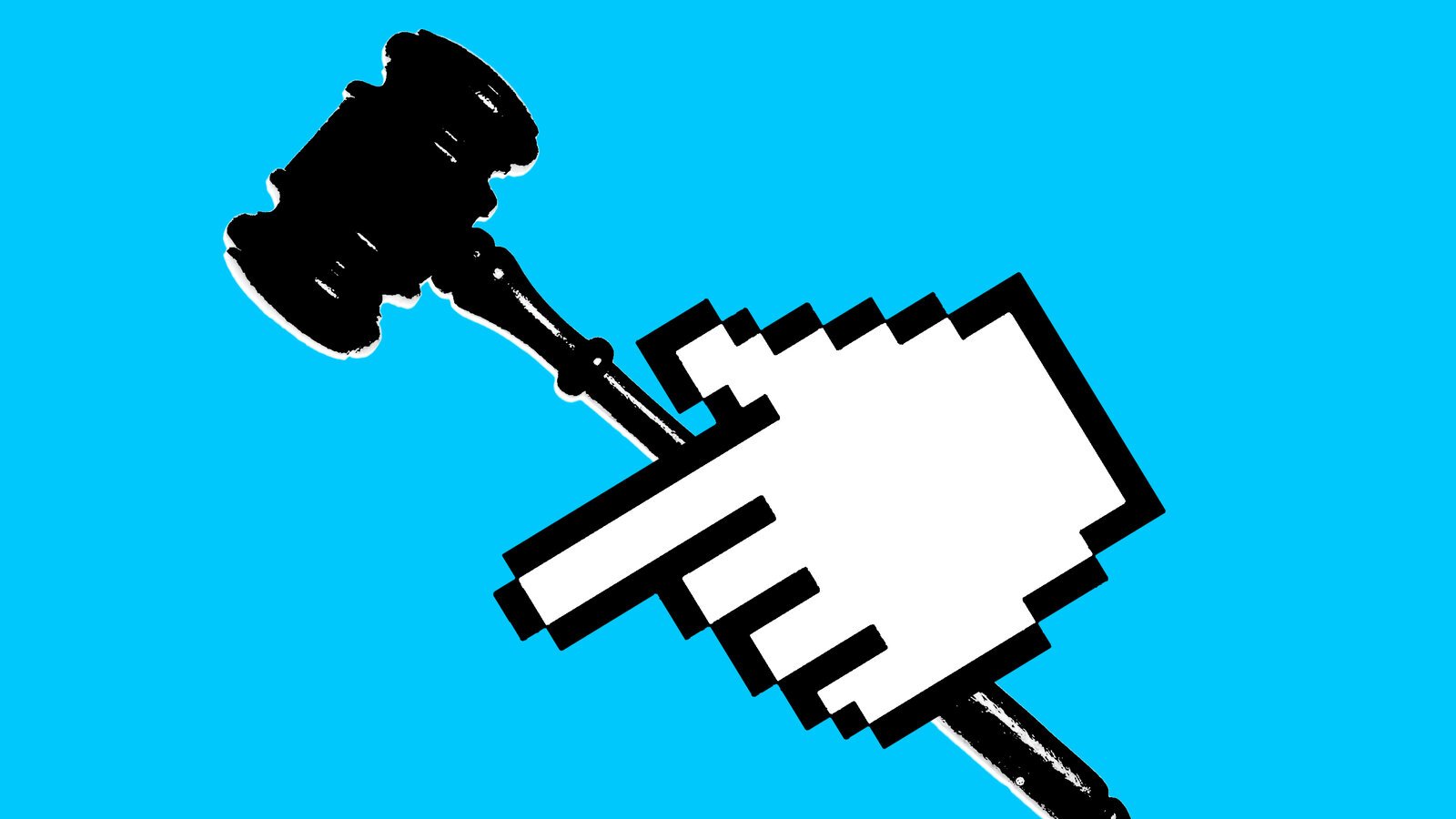The First Amendment’s shield against government interference in speech faces new tests with the rise of digital platforms. Recent legal battles illustrate the complex interplay between free speech rights and internet regulation.
The Biden Administration and Social Media
Recent cases, such as the one involving the Biden administration’s interactions with social media platforms over COVID-19 misinformation, highlight the ongoing debate about the government’s role in content moderation. Critics argue that government pressure on platforms to control misinformation could infringe on free speech, while supporters believe it’s essential for public health and safety.
TikTok and National Security Concerns
The controversy extends to applications like TikTok, where national security concerns clash with free speech. The U.S. government’s attempts to ban TikTok citing security risks have sparked significant legal challenges. TikTok argues that these actions infringe on the First Amendment by potentially curtailing a platform that serves as a medium for free expression.
Supreme Court’s Role in Defining Free Speech Online
The Supreme Court is pivotal in shaping how free speech applies online. For instance, rulings on laws from Texas and Florida that seek to regulate social media platforms’ editorial decisions are crucial. These laws are challenged on the grounds that they could lead to increased censorship or alternatively, turn platforms into unregulated arenas that might limit healthy discourse.
Looking Ahead
As the internet becomes the forefront of free speech discussions, the outcomes of these legal battles will set precedents that could either protect or redefine the boundaries of the First Amendment in the digital age.
The future of the First Amendment on the internet remains uncertain, with courts balancing the need for open discourse against the risks posed by unchecked misinformation and foreign interference. These decisions will shape the landscape of digital communication and civil liberties.



















Add Comment